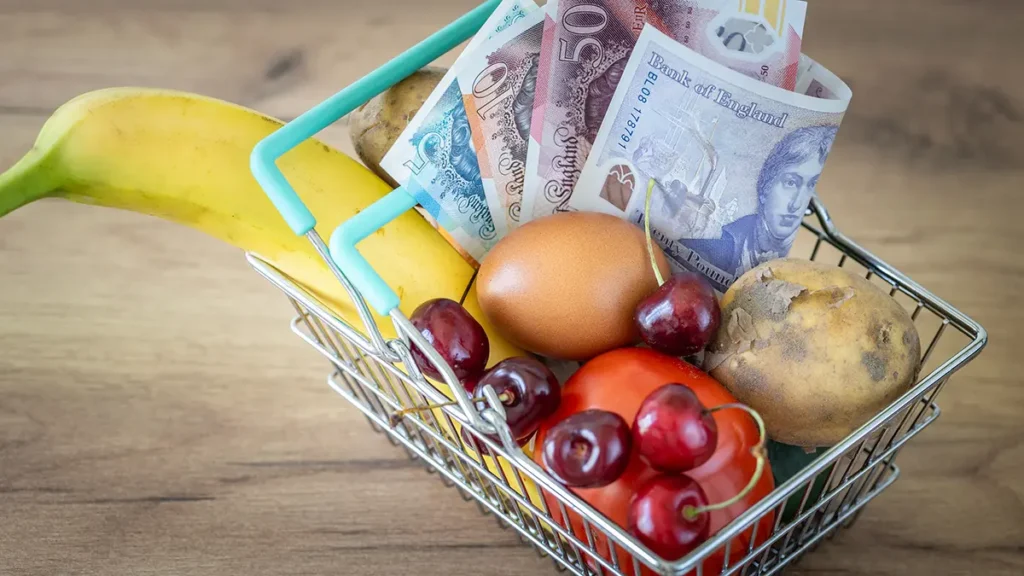Living in the UK has long been associated with high costs, particularly highlighted by the infamous ferry route from Southampton to the Isle of Wight, often cited as one of the most expensive per-mile crossings globally. This example, while specific, reflects a broader theme of high living expenses that many residents face across the UK, prompting discussions about potential cost of living payments. What factors contribute to making life on these shores feel so costly?
Economic Pressures and the Cost of Living Crisis
Recent years have seen a significant spike in living costs, exacerbated by global economic pressures and domestic financial policies, with many families feeling the pinch since 2022. The aftermath of the cost of living crisis has led to sharp increases in the price of essential goods and services, placing considerable strain on households across the nation.
The Role of Property Prices
One of the most substantial contributors to the high cost of life in the UK is the property market. Urban areas, particularly London, feature some of the world’s most expensive real estate. This high cost is driven by a combination of limited available space and a stringent planning system that restricts new developments, keeping supply low and prices high. These high property costs have a ripple effect on the economy, inflating rents and increasing wage demands, which in turn influences the cost structure of businesses.
Taxation and Its Impact
The tax structure in the UK significantly influences the cost of living, affecting the financial support available through charities and local councils. VAT in the UK is substantially higher than sales taxes in many other countries, including the US. This higher tax rate applies to most goods and services, pushing up prices universally and contributing to the overall expense of living.

Fuel Duties and Transportation Costs
Fuel duties in the UK are another critical factor that contributes to the high cost of life. These duties increase the cost of transporting goods across the country, impacting everything from supermarket prices to the cost of online goods. Given the UK’s reliance on road and rail for most product transportation, these taxes directly affect the end consumer prices.
Reliance on Imports and Brexit
The UK’s dependency on imported goods, especially food—which constitutes around 40% of all food consumed—exposes the economy to global market fluctuations and increases vulnerability to international supply chain disruptions. Brexit has added layers of complexity and cost, from increased tariffs to delays at borders, exacerbating the financial impact on everyday consumers.
Regulatory Expenses and Labour Costs
Employment regulations in the UK, which are among the strictest in the world, lead to higher labour costs. Businesses must spend more on wages, benefits, and compliance with regulations, which can discourage hiring, limit business growth, and increase the prices of goods and services.

Comparative Affordability of Certain Goods
Despite the high costs associated with living in the UK, not all aspects of the economy are disadvantageous. Some consumer goods, such as nappies, frozen pizza, bread, eggs, and cooking oil, remain cheaper in the UK compared to much of mainland Europe. This disparity offers some financial relief and illustrates the mixed nature of the UK market.
Wages and Earning Potential
The UK boasts a minimum wage rate that is among the highest globally, trailing only behind countries like New Zealand, Luxembourg, and Germany. This higher wage standard helps mitigate some of the financial pressures faced by British households, providing a buffer against the high cost of living.
Balancing the Financial Scale
Ultimately, the cost of life in the UK is a balancing act involving various economic factors and financial considerations. Managing these expenses requires careful planning and awareness of both the challenges and opportunities within the UK’s complex economic landscape. By understanding the multifaceted nature of these expenses, residents can better navigate the financial pressures of living in one of the world’s most economically developed countries.







